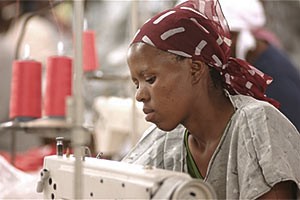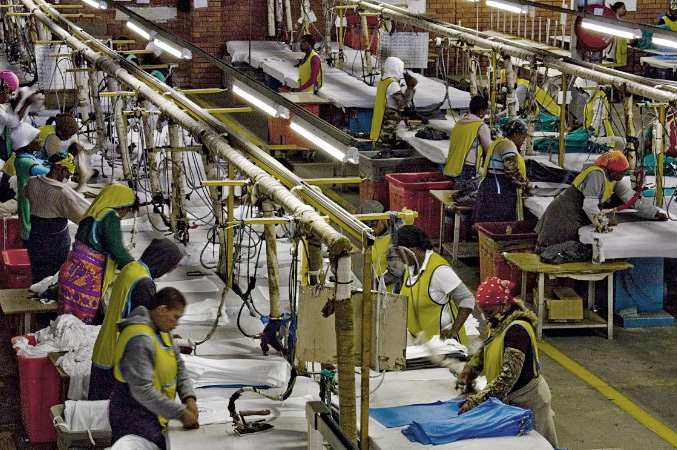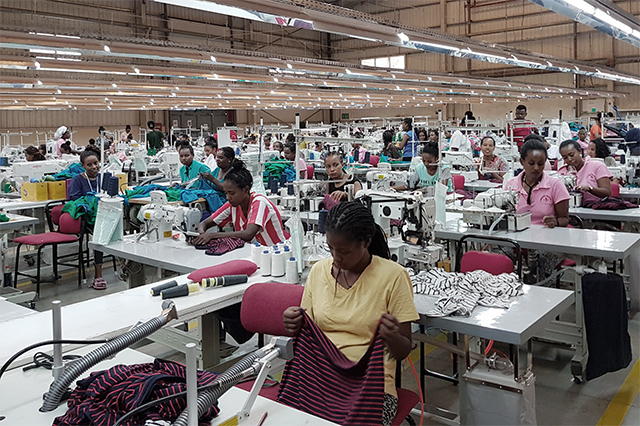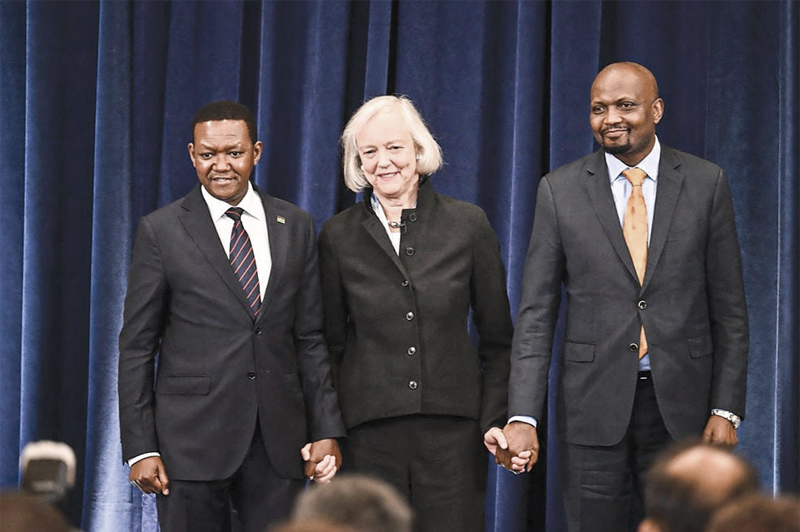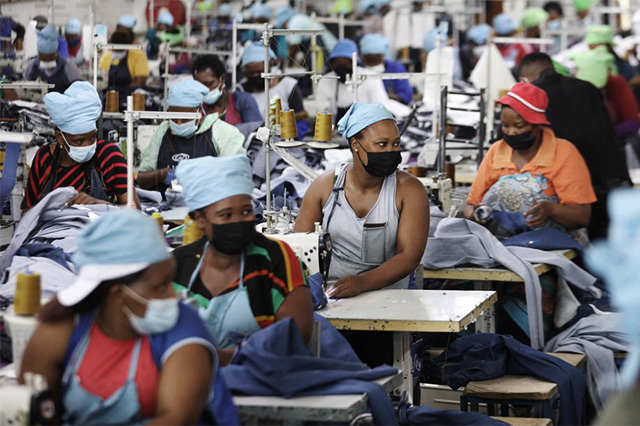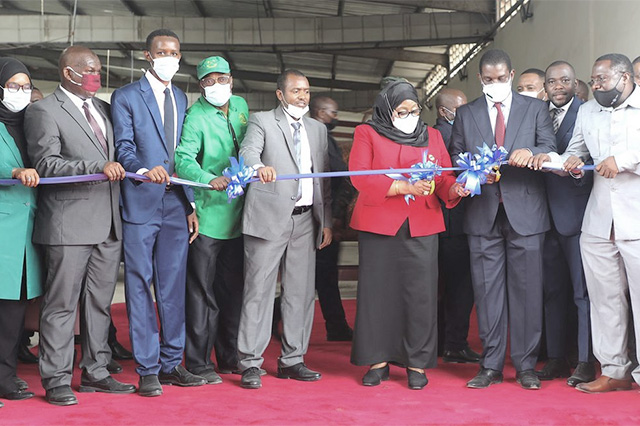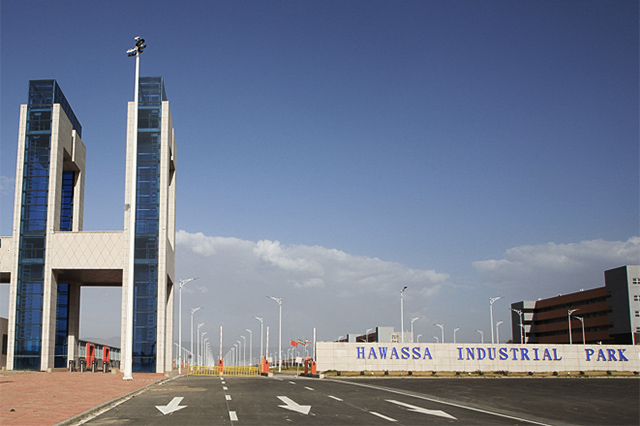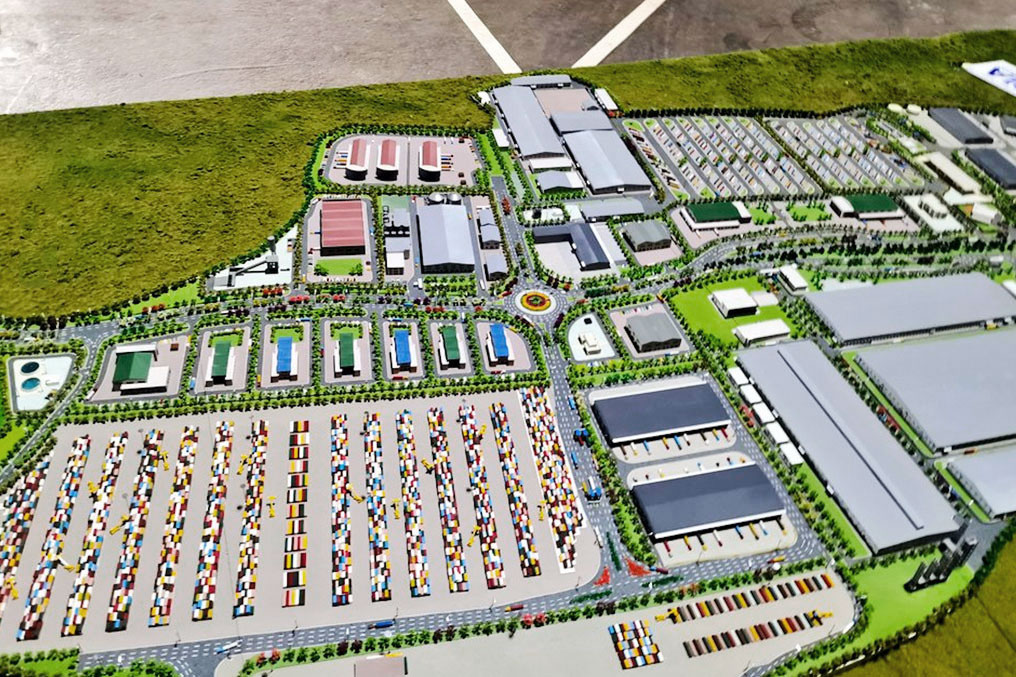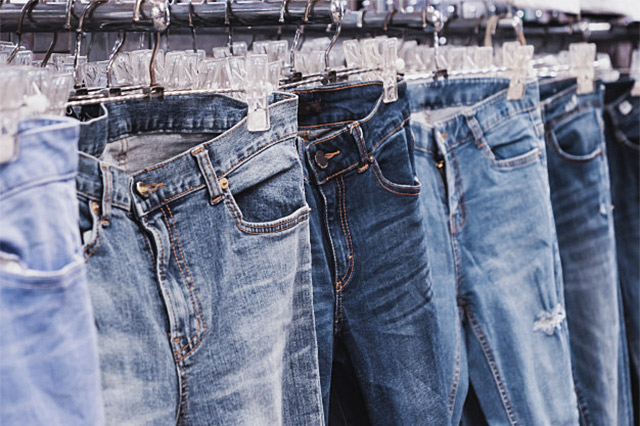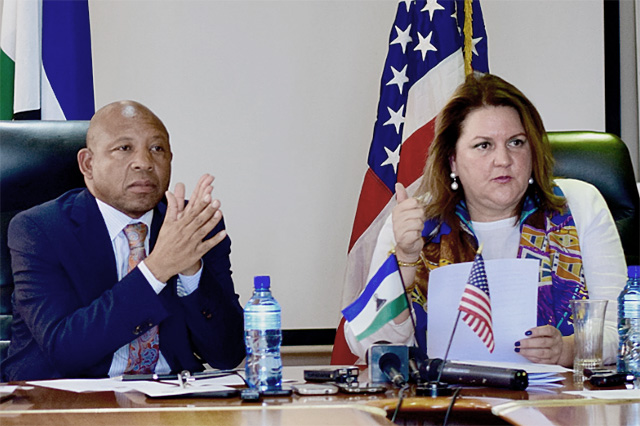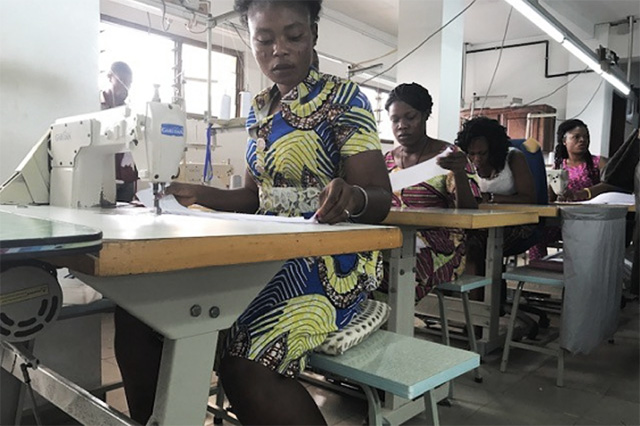AGOA renewal suppports 'Made in Africa' pull
Surrounded by African diplomats at a White House reception in July, US President Barack Obama welcomed the renewal and 10-year extension of the African Growth and Opportunity Act (AGOA).
It has been a trade policy priority of his second term, and affects textile and apparel exports between sub-Saharan African producers and the US.
The bill, passed by the US Congress on 25 June and signed into law 29 June, contains a series of measures that affect US clothing importers.
These include a 10-year extension of third-country fabric provisions, allowing some manufacturing countries to source outside the AGOA bloc and still benefit from its trade access.
The extension of the third-country fabric provisions means more than 40 sub-Saharan countries can import yarn and fabric, then export clothes made domestically from those materials to the US duty free.
Also, there has been a simplification of the treaty’s rule of origin system, to allow AGOA countries to combine inputs to qualify for treaty benefits; giving greater flexibility to the US administration to limit benefits rather than expel member countries in case of pact violations; and a focus on greater transparency of paperwork.
Another new addition includes a provision for ‘out of cycle’ assessments, allowing agreement reviews to be initiated at any time, rather than annually as under previous agreements. Specifically, the Obama administration is launching a review of South African trade practices, which could result in the country losing some of its AGOA benefits. This could affect specific products, including textiles, but would not result in the country’s expulsion from the pact.
That would certainly be unpopular in Pretoria, where South African trade and industry minister Rob Davies has insisted that AGOA has helped the US and South Africa. Exports of goods to the US from South Africa covered by the agreement reached ZAR69bn (US$5.51bn) in 2014 and US imports to South Africa covered by AGOA were worth ZAR71bn (US$5.67bn) that year.
Addressing a media briefing in Pretoria, after the extension of the agreement Davies said: "The benefits to the economy as a whole are obviously larger than the price we paid in the poultry sector," referring to meat industry market access offered by South Africa should AGOA be prolonged.
Davies’ comments come as the South African government recognises the decline in the country's clothing and textile manufacturing capacities and is pursuing policies to halt the downward movement and facilitate growth. Companies in the region have been closing down factories because of cheap imports and rising local labour costs.
Government policies include the Clothing and Textile Competitiveness Improvement Programme, which is aimed at boosting the industry’s global competitiveness.
In a government statement released in April, Davies said AGOA had contributed to regional integration and value chains, notably with South African textile and clothing companies procuring some inputs from regional textile and garment producers, mainly in Lesotho, Swaziland and Mauritius.
Significant increase in apparel exports
Kenya, which Obama visited shortly after welcoming AGOA's extension, expects the renewal to result in a significant increase in apparel exports to the US. Currently, more than US$400m of apparel bought in the US annually is manufactured in Kenya, according to the Office of the US Trade Representative (USTR). According to Kenyan government projections, AGOA’s renewal would allow the national apparel exports to the US to hit US$1bn by 2018.
And the Kenyan clothing and textile industry has certainly welcomed the renewal of AGOA. James Shikwati, a Kenyan economist and founder/executive director of the Inter Region Economic Network (IREN Kenya), notes that in addition to US sales, AGOA’s promotion of additional capacity could also create products for sale within East Africa.
“There is this pull for ‘Made in Africa’,” says Shikwati. “Don’t forget the middle class in this region is also growing, so it’s not just the US who are hungry for our garments. We too are hungry for the same.”
Indeed, recent interest by global brands to source from Kenya has put pressure on the industry to upgrade technologically. As a result, the Kenyan government has been pushing ahead with plans to build a textile-focused industrial park (it calls it a ‘textile city’) in Naivasha, a lakeside town in the Rift Valley, near a geothermal power plant, which could draw in more investors.
According to Shikwati, this would help double production. “Now that the government is going to be doing the textile city, it [national textile production] could…double – 100%.”
It would, he says build on production that has been thriving in Kenya’s Export Processing Zones (EPZ) in Athi River, an industrial town just outside the capital Nairobi and in coastal Mombasa.
AGOA was initially enacted in 2000. By enabling African exports to the US duty-free, it has increased non-oil exports from Africa from US$8.1bn to US$53.8bn over 10 years, according to the United Nations. Under AGOA and European Union trade agreements, sub-Saharan African textiles and apparel producers can access some 50% of the global market largely duty free, says Gail Strickler, assistant US trade representative for textiles and apparel.
Obama, who pushed hard for the deal with leaders of Congress and the Senate, clearly welcomed the renewal. “This is so much fun, we should do it again,” he said at the bill signing.


